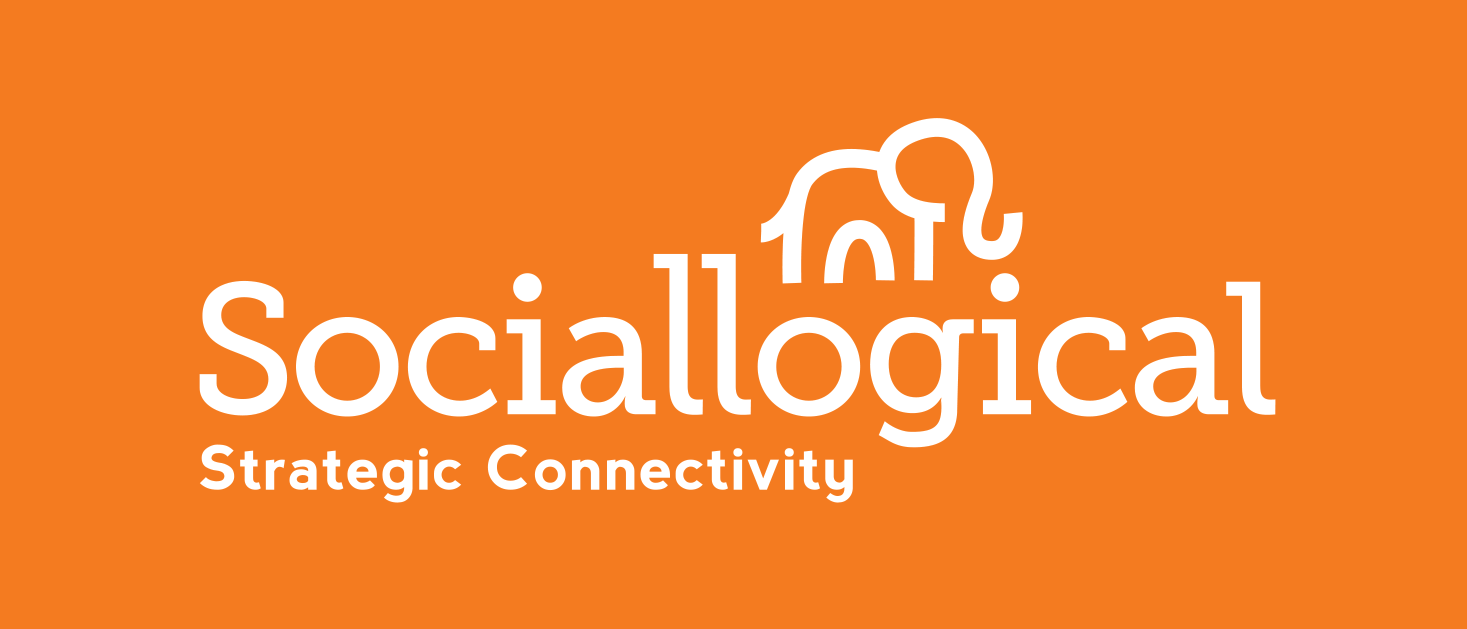 What’s a hashtag? Well, for those of you who don’t exist in a world of eat, sleep and tweet, Urban Dictionary gives a pretty straightforward explanation. Essentially, placing the (#) symbol before a term, or several terms, creates a link which streams conversations surrounding the same subject, issue or trend.
What’s a hashtag? Well, for those of you who don’t exist in a world of eat, sleep and tweet, Urban Dictionary gives a pretty straightforward explanation. Essentially, placing the (#) symbol before a term, or several terms, creates a link which streams conversations surrounding the same subject, issue or trend.
Hashtags can be about anything, really. Maybe you want to tune into the buzz encompassing a popular TV show, or maybe you want to know what people are saying about prominent news issues. Occupy Wall Street has become a huge trend on Twitter. Simply by typing “#OWS” in the search bar, we can tap into a dialogue among people (mostly in the West) sharing their observations and related experiences. In a matter of seconds, we see what people are saying, in real time. That’s pretty amazing.
While hashtags originated on Twitter, they also create accessible links on Google+ through searches and circles and have become a recognized part of branding on other social media platforms, including LinkedIn and Facebook.
Hashtags: Building Organic Communities
Back in November, the folks at Downtown Fredericton came up with a fresh way to encourage local shopping for the holiday season. They chose 10 social media savvy personalities in the city and gave them $100 to spend in downtown stores, in exchange for their agreement to document their tracks, in conjuction with the hashtag #GetDownFred via social media platforms; including Facebook, Twitter, and blogs. Julia Hurst, fashion blogger and business representative at Radian6, was one of them. Hurst said the people selected ranged from radio personalities to photographers and bloggers.
"The people they chose were different, so it was cool to see how someone else would spend the money compared to myself. I spent mine on a dress, and some people spent it on beer, groceries, coffee, etc. I love shopping downtown Fredericton so I liked to promote my favourite stores."
Hurst had a lot of fun with the event, giving others a taste of her favourite places to burn cash through her blog, Fortunate Fool.
Other residents of the city were encouraged to use the hashtag while running their downtown errands to win cash and other prizes. Such an event represents a new-world experience; having the ability to tune into where everybody was shopping, with to-the-minute updates. It's an excellent example to show how social media has replaced traditional word of mouth.
Now Trending in Canada: #SexualPickUpLines
It would be totally false to imply that all hashtags are rooted in something profound or even useful. I roll my eyes at least once a day at the “now trending” sidebar on my Twitter homepage. Silliness has proven contagious, judging by the often ridiculous topics that surface. I say this with sadness, but, #SexualPickUpLines is not a joke. It’s currently topping the generated list I have for “Canada trends.” It’s the same reason why videos become viral on YouTube; cats riding turtles, sassy children with British accents: a large part of our daily internet digest can be chalked up to entertainment.
But if you’re willing to sift through the crap, there’s a good chance you’ll find something helpful or interesting; something that wasn’t born of a bored teenager home on a Friday night.
When Conversations Cross Oceans
There was a lot of talk about the Egyptian Revolution last year or so-called "Twitter Revolution." I won't get into the nitty gritty of it, but my perspective is this: Revolutions happened long before we had such technology, but social media gave a voice to thousands of people in a way that no one had experienced before. In less democratic parts of the world, it's getting much harder to silence the ordinary citizen with the speed of social media and the rates that people are using these technologies.
With that being said, #Egypt became one of the most influential and meaningful hashtags to date. Another one I want to point out is #Jan25. The latter represents the day that the former president stepped down. When this was announced to the general public, the tag #Jan25 became viral. People worldwide who had followed the story were tweeting about this.
Gephi is, essentially, an online graph machine that allows you to download a plugin that compiles data into graphs. André Panisson, Ph.D., is a student from the Informatics Department at the University of Turin in Italy. In a blog entry he explains how he compiled #Jan25 hashtag data to create a video that demonstrates the exponential rate that this story spread through Twitter. The visual he gives helps to conceptualize how modern social media tools are infectious in our society.
Just Like Home
What constitutes our hometowns? Our familiar surroundings; the things that represent us, our communities. We use hashtags to connect meaning to our conversation, and the conversations of others. From silly to serious, it's assembling people based on who they are, and what they stand for. We can link this to the emotions associated with familiarity, and what's elemental in our lives. Are your thoughts trending in your hometown?
